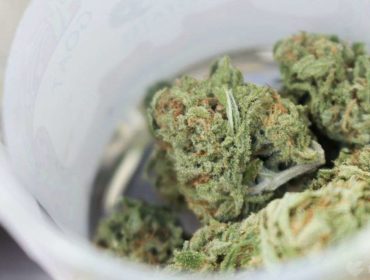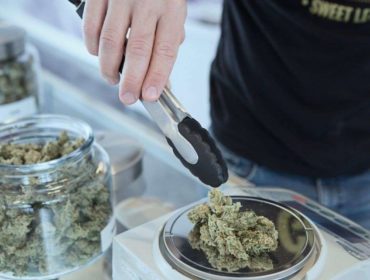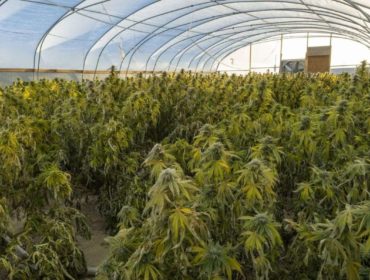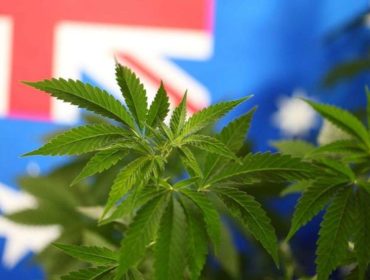Cannabis Part of The Future Says Tobacco Giant
The UK’s largest tobacco firm says it sees cannabis as part of its future as it tries to move away from selling traditional cigarettes.
British American Tobacco said it wanted to “accelerate” its transformation by reducing the health impact of its products.
In March, BAT took a stake in Canadian medical cannabis maker Organigram.
It also signed a deal to research a new range of adult cannabis products, initially focused on cannabidiol (CBD).
“As we think about our portfolio for the future, certainly beyond nicotine products are interesting for us as another wave of future growth,” BAT executive Kingsley Wheaton told Radio 4’s Today Programme.
Mr Wheaton, BAT’s chief marketing officer, said it saw cannabis related products as part of its future growth. The firm is currently trialling a CBD vape product in Manchester.
“I think [CBD vaping] is part of the future, but the present challenge is reduced harm in tobacco and nicotine alternatives, encouraging people to switch.”
Marlboro maker could stop selling cigarettes in UK
Releasing its half year results to the end of June, the tobacco giant reported an 8.1% rise in revenues to £12.18bn.
It said more than a third of its UK revenues now come from vaping brands such as Vuse, Velo and glo.
The tobacco giant also saw its fastest gain in new customers, with users of non-combustible products – such as vapes – jumping 2.6 million to 16.1 million.
‘The balance has decisively shifted’
Big tobacco companies have tried to ride two horses in their communications to investors over the past decade. They have drawn attention to their efforts to get away from nasty cigarettes, while at the same time pointing to the big dividend payments the sales of those cigarettes support.
That balance has now decisively shifted – in the companies’ communications anyway – to the former. First Philip Morris International and now BAT have gone all out to stress their move into new types of less harmful products – vaping, heated rather than combusted tobacco, and, in BAT’s case, cannabis.
Progress is being made. BAT’s results for the six months to the end of June show that sales of “new category” products grew by half to £942m. That is still a fraction of its total £12bn in revenue.
Cigarette volumes – BAT sold 316 billion cigarettes in the six-month period – actually grew slightly thanks to a recovery in demand in emerging markets.
Even though traditional tobacco remains by far its biggest business, the company says it is committed to change, pledging that “ESG (environmental, social and governance issues) is at the core of our strategy.”
It is hardly surprising that BAT wants to drape itself in the ESG flag. A recent piece of research by the accountancy firm PWC noted the rapid influx of shareholder money into ESG funds, ones that will only invest in companies with the right ethical credentials. It thinks that their combined value will be greater than all other types of funds within three years.
BAT’s share price has roughly halved in the past four years, from £55 to £27. The ability to tempt some of those ESG funds back into owning BAT shares might to do something to restore that flagging price.
Tobacco sales recover
Despite its commitment to healthier choices, BAT said sales of its cigarettes recovered in some developing nations following the end of coronavirus lockdowns when sales were banned in some countries.
Sales of brands like Dunhill, Kent, Lucky Strike and Rothmans rose in the first half of the year in countries such as Brazil, Turkey and Pakistan.
It said overall revenue from its combustibles division – cigarettes and heated tobacco products – fell 3% to £10.5bn.
William Ryder, an equity analyst at Hargreaves Lansdown, said that there is still some way to go if the tobacco giant is to meet its target of £5bn in revenues from nicotine alternatives by 2025.
“For now… BAT is still dependent on cigarettes… Traditional tobacco products still pay the dividend, and will do for some time,” he said.
Source: https://www.bbc.com/news/business-57995285












